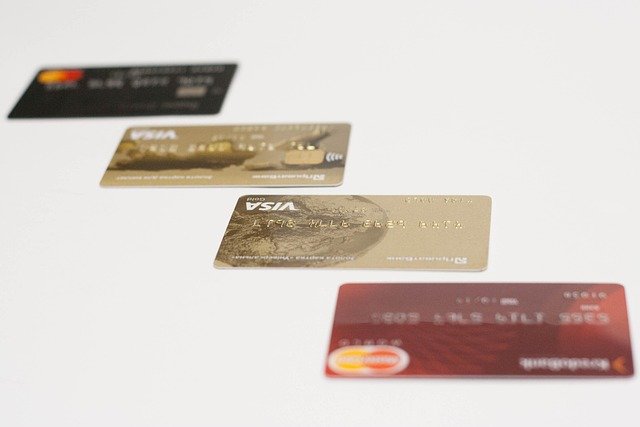Understanding Credit Cards: A Comprehensive Guide
Credit cards have become an essential financial tool in modern life, offering convenience, security, and financial flexibility when used responsibly. These small plastic or metal cards allow consumers to make purchases on credit, effectively borrowing money from financial institutions with the agreement to repay the amount later, often with interest if the balance isn't paid in full.

Types of Credit Cards Available
Different credit cards cater to various needs and lifestyles. Rewards cards offer points, miles, or cashback on purchases. Business credit cards provide features specifically designed for company expenses. Student cards help young adults build credit history, while secured cards require a security deposit and are ideal for those with limited or poor credit history. Premium cards often come with extensive benefits but higher annual fees.
Benefits and Rewards Programs
Most credit cards offer rewards programs that can provide significant value. Common benefits include:
-
Cashback on purchases (typically 1-5%)
-
Travel rewards and airline miles
-
Purchase protection and extended warranties
-
Travel insurance and rental car coverage
-
Zero liability for fraudulent charges
-
Emergency card replacement services
Understanding Credit Card Fees and Terms
Credit cards come with various fees and terms that affect their total cost. Common fees include:
-
Annual fees
-
Balance transfer fees
-
Cash advance fees
-
Foreign transaction fees
-
Late payment penalties
-
Over-limit fees
Building and Maintaining Good Credit
Credit cards play a crucial role in building credit history. Key factors that influence your credit score include:
-
Payment history
-
Credit utilization ratio
-
Length of credit history
-
Types of credit accounts
-
New credit applications
Popular Credit Card Options and Features
| Card Type | Notable Features | Typical Annual Fee Range |
|---|---|---|
| Basic | No rewards, lower APR | $0 |
| Rewards | 1-5% cashback/points | $0-$95 |
| Premium Travel | Luxury perks, high rewards | $395-$695 |
| Secured | Credit building, deposit required | $0-$49 |
| Business | Business-specific rewards | $0-$295 |
Prices, rates, or cost estimates mentioned in this article are based on the latest available information but may change over time. Independent research is advised before making financial decisions.
Managing Credit Card Debt
Responsible credit card management involves paying bills on time, keeping utilization low (ideally below 30%), and understanding the impact of interest charges. Creating a budget, tracking expenses, and setting up automatic payments can help maintain healthy credit card habits. If debt becomes overwhelming, options like balance transfer cards or debt consolidation may provide relief.
Credit cards can be powerful financial tools when used wisely. Understanding their features, costs, and potential benefits helps consumers make informed decisions about which cards best suit their needs while avoiding common pitfalls like excessive debt or high-interest charges.






